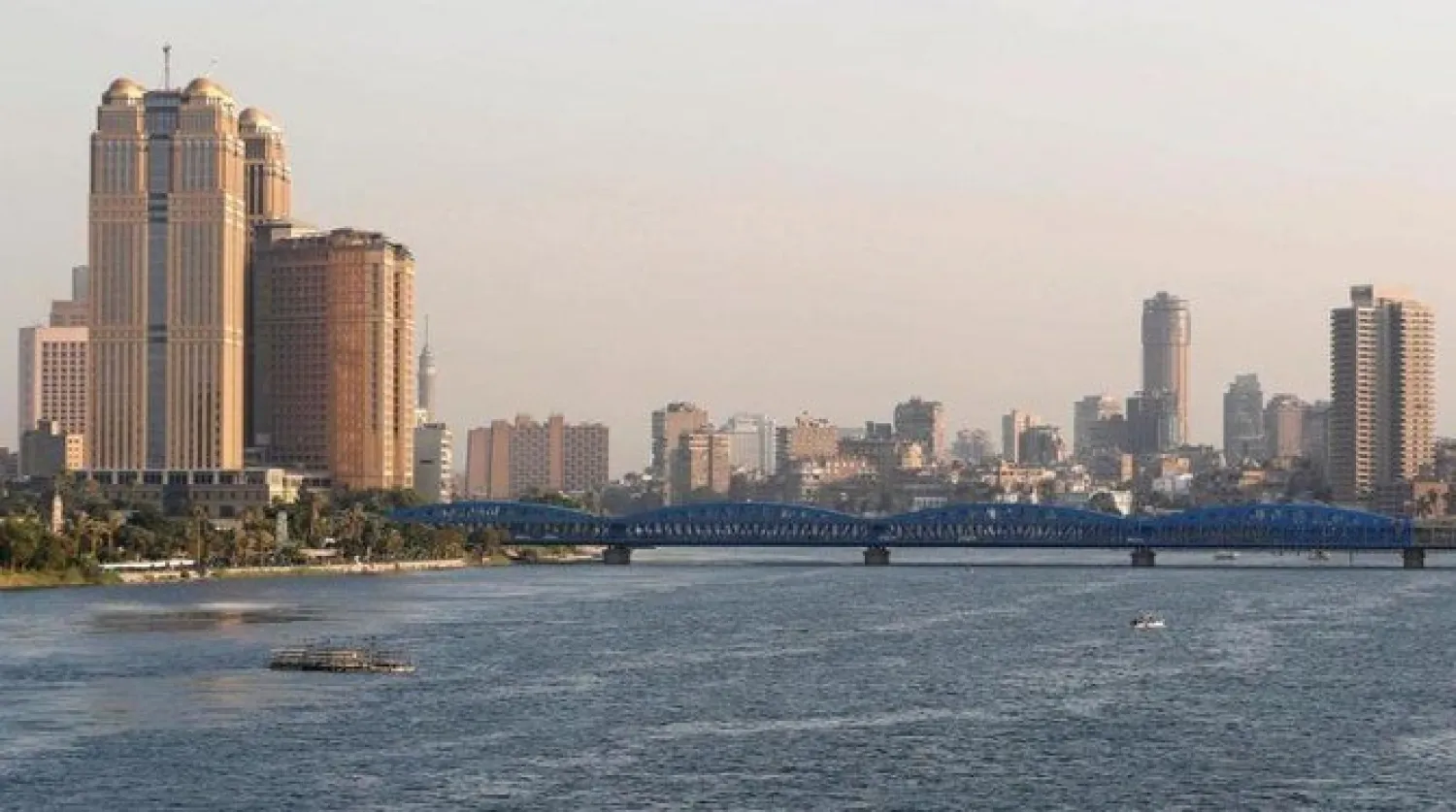The European Union affirmed boosting cooperation with the Egyptian government politically and economically, saying Egypt is a major partner in the region.
This came during a meeting between Minister of Planning and Economic Development Hala el-Saeed and EU ambassador to Cairo Christian Berger on Monday, during which both sides discussed means of bolstering bilateral ties.
The meeting was attended by the Head of Cooperation at EU Delegation to Egypt Ibrahim Laafia and Program Manager, Governance and Gender Equality - Gender Focal Person at EU Delegation to Egypt Neveen Ahmed.
According to a statement by the Planning Ministry, Saeed reviewed the social and economic impacts of the coronavirus on the country’s economy, as well as the pre-emptive strategy taken by Cairo to address the crisis.
“The Egyptian government has taken a series of pre-emptive measures to mitigate the negative effects of the pandemic on the population,” Saeed affirmed.
The strategy focused on achieving a balance between preserving people’s health and maintaining economic activity, she explained.
The main elements of the investment plan for the current fiscal year prioritize increasing investment in human capital, especially in the education and health sectors, to enhance competencies and mechanize services, she noted.
She also said that the government is committed to pursuing the second phase of the economic reform program, according to the statement.
“This phase targets carrying out bold and constructive structural reforms to encourage inclusive and sustainable growth, create new job opportunities and diversify and develop production.”
It further aims to improve the business climate, localize industry and enhance the competitiveness of Egypt’s exports to achieve sustainable and comprehensive economic development, the statement added.
The meeting touched on the EU’s programs and the main proposals for cooperation with Egypt.
Saeed affirmed his country’s “keenness to enhance means of cooperation with the EU.”
The EU delegation, for its part, hailed the state’s efforts to improve the life of its citizens, as well as the positive economic results, which reflect the success of the economic reform program.









